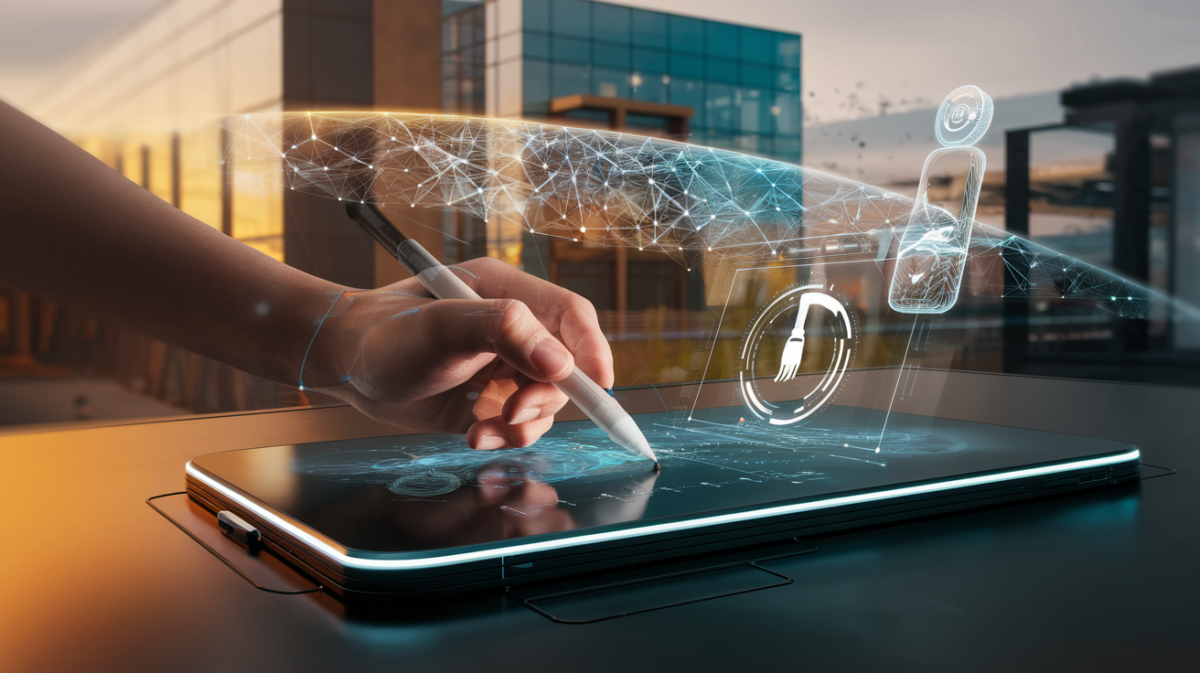Artificial intelligence (AI) is transforming the world at an unprecedented pace, raising both excitement and concern. Dr. Robert J. Marks, a distinguished professor and AI expert, offers a nuanced perspective on the technology’s potential and pitfalls. His insights challenge the hype while advocating for a balanced approach to AI’s role in society.
The Limits of AI: Why Human Creativity Still Reigns
One of Dr. Marks’s central arguments is that AI, no matter how advanced, cannot replicate human creativity. While AI algorithms excel at pattern recognition and data processing, they lack the intuitive spark that drives innovation. “AI is a tool, not a creator,” Marks explains. “It can mimic, but it cannot originate.”
This distinction is critical in fields like art, music, and literature, where human emotion and imagination play irreplaceable roles. For example:
- Art: AI-generated paintings may impress, but they lack the personal narrative and emotional depth of human-made art.
- Music: Algorithms can compose melodies, but they cannot capture the soul of a musician’s performance.
- Writing: AI can draft articles, but it struggles with originality and nuanced storytelling.
Marks emphasizes that recognizing these limitations is key to leveraging AI effectively—without overestimating its capabilities.
Learning from History: AI and the Y2K Parallel
Dr. Marks draws a compelling parallel between today’s AI debates and past technological predictions, such as the Y2K scare. In the late 1990s, fears of a global computer meltdown dominated headlines, yet the actual impact was minimal. Similarly, while AI will undoubtedly disrupt industries, Marks cautions against apocalyptic scenarios.
Historical lessons suggest that:
- Predictions often exaggerate risks: The Y2K panic far outpaced the reality.
- Adaptation is possible: Societies have consistently adapted to technological shifts.
- Human oversight matters: Just as engineers mitigated Y2K risks, AI requires careful governance.
By contextualizing AI within this framework, Marks offers a grounded perspective amid the hype.
AI in Society: Opportunities and Ethical Challenges
AI’s potential to revolutionize industries is undeniable. From healthcare to finance, automation and machine learning are driving efficiency and innovation. However, Dr. Marks warns that unchecked AI development could lead to unintended consequences.
Here’s a comparison of AI’s benefits and risks:
| Benefits | Risks |
|---|---|
| Enhanced productivity in manufacturing and logistics | Job displacement in repetitive roles |
| Improved diagnostics in healthcare | Privacy concerns with data-driven systems |
| Personalized learning in education | Bias in algorithmic decision-making |
Marks advocates for ethical AI development, stressing the need for transparency, accountability, and human oversight. “AI should serve humanity, not the other way around,” he asserts.
The Path Forward: Embracing AI with Caution
As AI continues to evolve, Dr. Marks’s insights provide a roadmap for navigating its complexities. Key takeaways include:
- Celebrate human uniqueness: AI cannot replace creativity, empathy, or moral judgment.
- Learn from the past: Historical context can temper fear and guide responsible innovation.
- Prioritize ethics: Policymakers and developers must collaborate to ensure AI benefits society.
In his book, Non-Computable You: What You Do That AI Never Will, Marks expands on these themes, offering a hopeful yet realistic vision of the future. For those seeking deeper insights, his podcast interviews and writings are invaluable resources.
AI is here to stay, but its trajectory depends on how we choose to wield it. As Dr. Marks reminds us, the future is not predetermined—it is shaped by human decisions.







